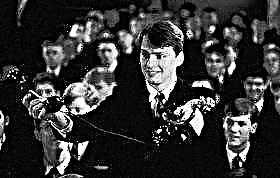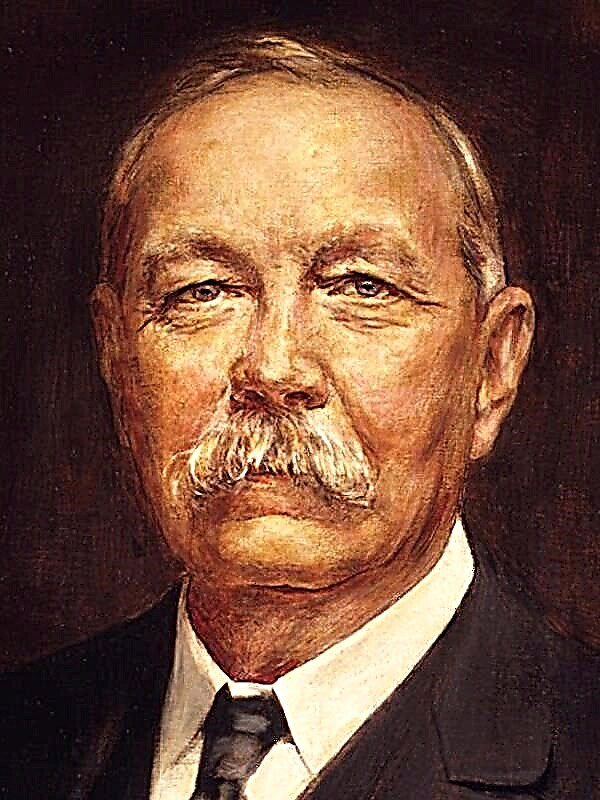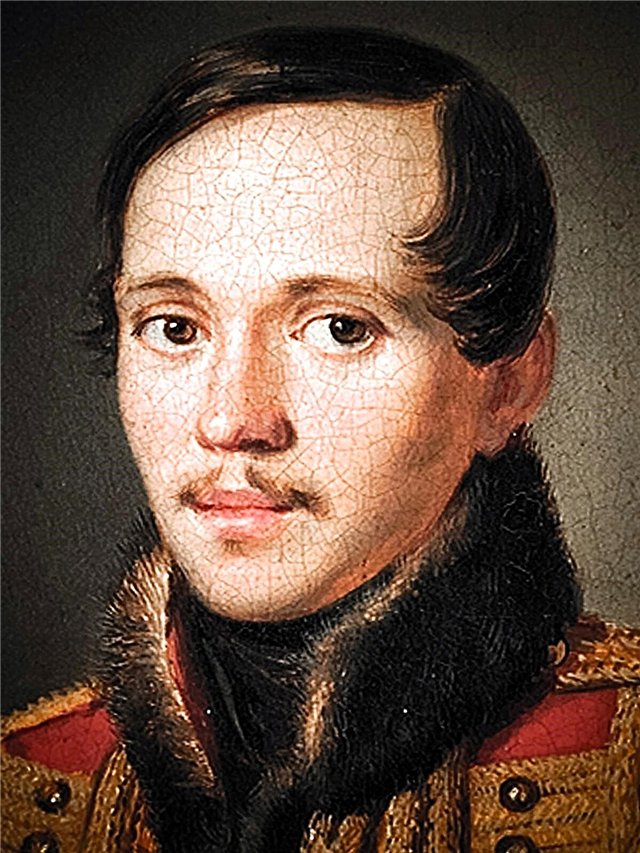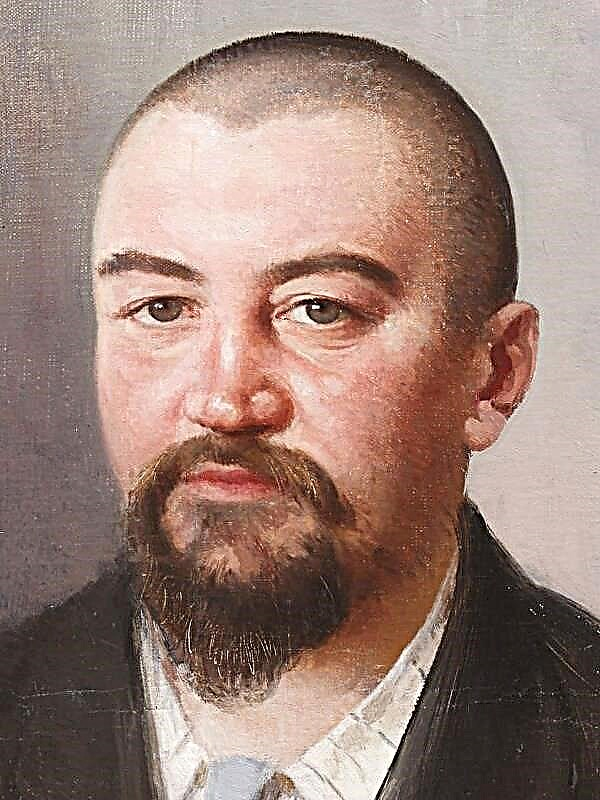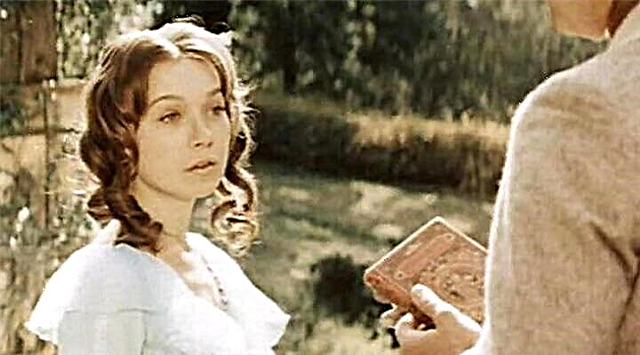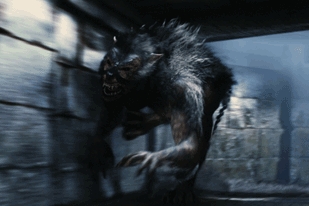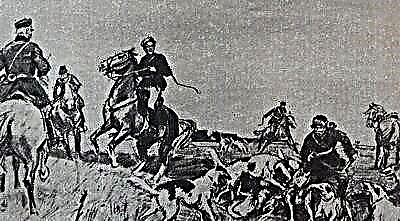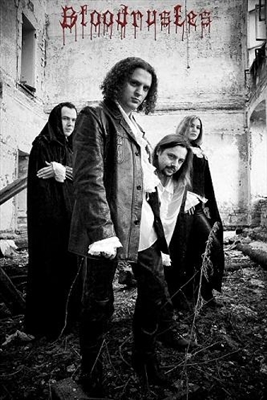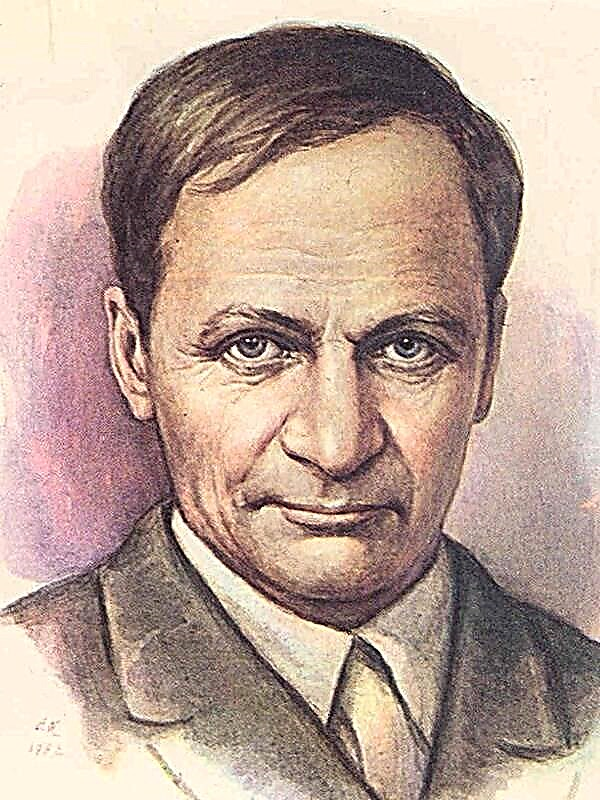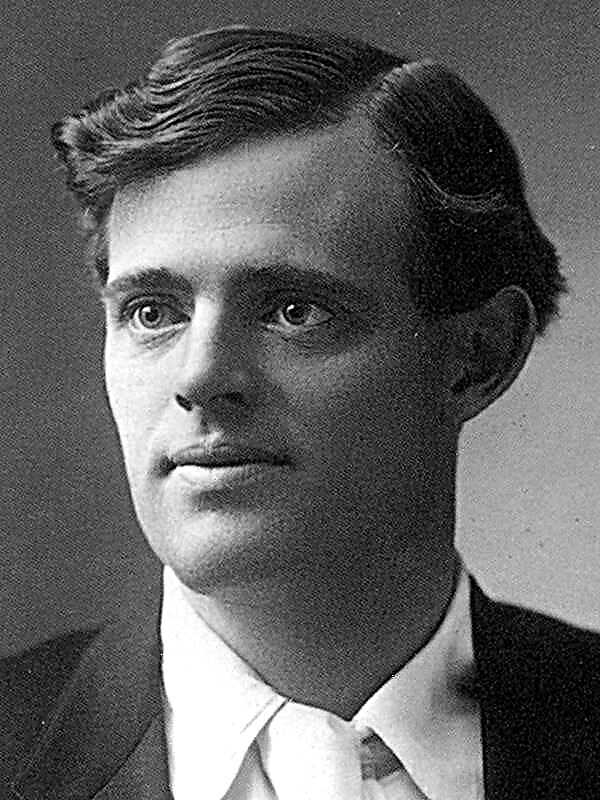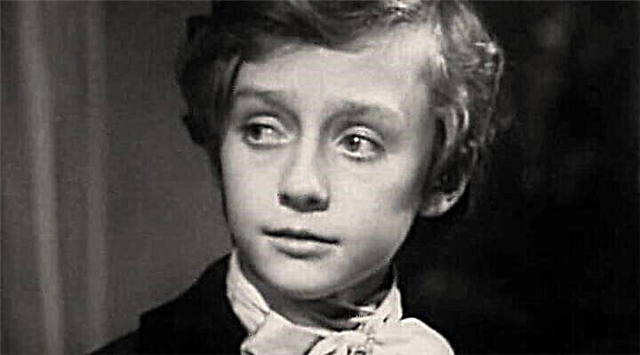If mystical works are about you, and you want to dive under a blanket with a flashlight, forgetting everything, feel the taste of time and emotional shake, then it's time to turn to our selection of dystopias. This is an impressive list of classic and contemporary books. Some of the names and titles can only be known to lovers of the genre, the more interesting it is to get to know it.
Content:
- 1 Aldous Huxley “Brave New World”, 1932
- 2 George Orwell “1984”, 1949
- 3 Anthony Burgess A Clockwork Orange, 1962
- 4 Strugatsky Brothers “It Is Hard to Be a God”, 1964
- 5 Ray Bradbury “451 degrees Fahrenheit”, 1966
- 6 William Gibson, The Neuromancer, 1984
- 7 Victor Pelevin “Chapaev and the Void”, 1996
- 8 Kazuo Ishiguro, “Don't Let Me Go,” 2006
- 9 Dmitry Glukhovsky “The Future”, 2013
- 10 Vladimir Sorokin, Manaraga, 2017
Aldous Huxley “Brave New World”, 1932
“O Brave New World” is part of the golden collection of anti-utopias of the last century. This is a satirical novel that you can read with pleasure, looking for new and previously hidden from the eyes of the reader. That is what we tried to do in analysis this novel.
In reality, the marvelous world of people is grown in flasks, everywhere light, affordable, even mandatory drugs for all, a diverse sex life and an abundance of consumption. At some point, it may seem to the reader that the world is truly marvelous. The only flaw is that there is no love and truth. The reader will find out whether humanity is ready to abandon them for the sake of happiness and convenience.
George Orwell “1984”, 1949
After reading the novel, it may seem to you that literature can change the whole world, and that Orwell possessed a prophetic gift. This book makes it clear that most of the world lives by the rules that the author described half a century ago, and our time is no different from what it was before. In the analysis, we examined his creation up and down, you can to inquire.
The land is divided into three parts - Oceania, Eurasia and Ostasia. The action takes place in Oceania-owned London in 1984. In the Orell universe, society is divided into Prolos, Outer and Inner parties. This book is not about a specific political system, it is about people who, with any totalitarian despotism, become animals. This is a great gift for those who would like to touch the dystopian genre and expand their horizons a bit in literature, which has already become a classic.
Anthony Burgess A Clockwork Orange, 1962
I understand what good is, and approve of it, but at the same time do evil
The Clockwork Orange novel became a classic of dystopia, bringing Anthony Burgess international fame. This is a gloomy, convincing work with a huge number of acts of aggression and violence. In the center of the story is a teenager Alex, the leader of one of the gangs that operated in London in the 60s. The hero finds charm in robberies, vandalism and murders. A young man differs from his peers only in his craving for classical music. And this uncharacteristic hobby, in the end, plays a cruel joke with him. You will find more comprehensive explanations for the plot. link.
Strugatsky Brothers “It Is Hard to Be a God”, 1964
The darkest dystopia, frighteningly relevant for our time. At the same time - despite everything - full of love and faith in a person.
The actions of the novel are developing in the state of Arkanar (on another planet) in the distant future. At the time of the events, the civilization of the planet is at about the same level of development that the earthlings had in the late Middle Ages. People who arrived from planet Earth are able to overthrow the ruling dynasties with the help of the riots, change the course of the history of the planet, become new rulers. The main character of the story Anton, brought up by a highly moral person, arrived in this society under the guise of a nobleman Rumata Estorsky. He has a choice: to observe the lawlessness that is happening in Arkanar, or to kill creatures, sacrificing principles. The main question of the book: when can a person be a scoundrel, and when is a communard?
Ray Bradbury “451 degrees Fahrenheit”, 1966
This book is rated by some readers as superior to many classic dystopias. The main character, Montag, is a firefighter whose duty is not to put out the fire (this is not necessary in the future), but to kindle it from books. The love of books in this universe is a crime against the state. There are only home theaters and interactive television, which "fools" people and hides the truth about the impending destructive war.
Montag is looking for a way out and risks everything that he has, trying to save the mind of people. A story where firefighters burn books so that citizens do not have seditious thoughts in their heads is perfect for teens as an introduction to the genre.
William Gibson, The Neuromancer, 1984
“Neuromancer” is a classic representative of the dystopian younger brother - cyberpunk. The main character, Case, is injected into the nervous system with a substance that blocks access to cyberspace. He is not going to return to the real world, and his life is meaningless before meeting with the scientist Armitridge.
Case will have to go from the bottom to Winter Silence. Civil wars, hackers, implants, powerful corporations and, of course, digital reality made the novel a hit. This book is not about how technology will develop, but about how it will affect human relationships.
Victor Pelevin “Chapaev and the Void”, 1996
Victor Pelevin is called one of the most relevant Russian-language authors of the 90s, zeros and the present. “Chapaev and the Void” is a book that delights almost everyone who is familiar with the dystopian genre.
After reading, doubt in surrounding reality may not leave you for a long time. Indeed, in the book people are presented as voids in the middle of a psychiatric clinic or hallucinating before death in a war. At any moment, a giant five-headed radioactive spider can digest them, and its poison - give someone oblivion. The action of the novel itself takes place in an absolute void. An exciting, “brainwashing” plot leaves an impression for a long time. After Chapaev and Void, reading Victor Pelevin's books may become a regular activity for you.
Kazuo Ishiguro, “Don't Let Me Go,” 2006
Remember Kat? She told him that through drawings, poems and all that is revealed, as we are inside. She said it reveals your souls.
The talent of Kazuo Ishiguro, one of the strongest writers of our time, lies in the fact that he masterfully reveals rather complex topics that are usually hard to put into words.
The novel takes place in an alternative universe, where clone children were raised in special houses, whose purpose in life is organ donation. They were created specifically to save the hopelessly sick. The narration is on behalf of Katie, a pupil of one of these houses. She lives and recalls everything that happened in life with her and two other main characters of the book. Her memories are then intertwined with real events full of drama: unjustified hopes and bitter disappointment. The novel feels an atmosphere of sadness and an inevitable end. You read dystopia about those who you will never become. And in the end you understand that the story is written about you.
Dmitry Glukhovsky “The Future”, 2013
We live in a world where immortality no longer seems stupid, and scientists are already developing a vaccine against aging. In the world of the “Future” everything is foggy, although it should be bright and joyful. Democracy, freedom and equality reign in society. Every resident of Europe has the right to immortality. And on the tablets of happiness and serenity at the same time.
The reader will find out what is behind endless happiness, and whether it is possible to hide from it in a world where people live in a small glass cube. We have dedicated this story to the details. article, which will help the reader understand the plot.
Vladimir Sorokin, Manaraga, 2017
The action takes place in the future, where after the second Islamic revolution and war, people hide from obscurantists in refugee camps. In Sorokin’s novel, books are burned. Rather, they cook for them: stuffed chicken neck on the stories of Babel, portioned little things on the “Master and Margarita”, sturgeon on the lifetime edition of Dostoevsky. Books have depreciated, a romantic hero is very worried about this, because art is not in the kitchen of the forecourt dining room, but on a plate of true gourmets who can appreciate the taste of each page.
However, the novel is easy, without cannibalism, coprophagy and torture. Instead, subtle irony, mockery and primitive cyberpunk.

